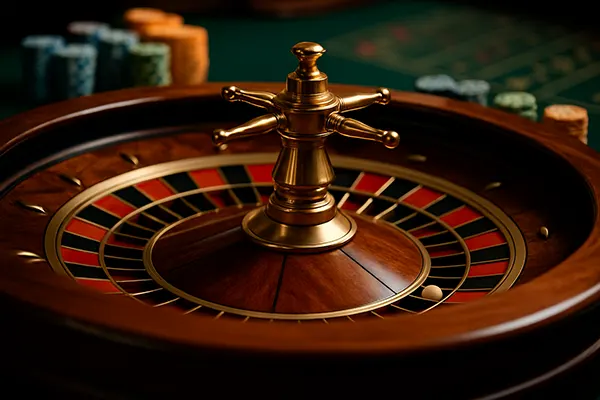
Popular Strategies for Playing Online Roulette
Online roulette remains one of the most popular and accessible casino games, attracting thousands of players worldwide. Its blend of simplicity and excitement makes it appealing to both beginners and experienced gamblers. However, despite its apparent randomness, many players attempt to increase their chances of success by using betting strategies.
Over the years, various betting systems have been developed, each claiming to provide an edge against the house. While no strategy can change the fundamental house edge in roulette, some approaches can help manage bankrolls effectively and enhance the gaming experience. This article explores classic and modern roulette strategies, their effectiveness, and how they apply to different roulette variations.
Classic Betting Strategies
Several traditional betting strategies have stood the test of time, with some originating centuries ago. These systems aim to provide a structured approach to wagering, often focusing on progressive betting patterns.
Martingale System: One of the most well-known betting strategies, the Martingale system is based on doubling your bet after each loss. The idea is that a single win will recover previous losses and generate a small profit. However, this method requires a substantial bankroll and can quickly hit table limits, making it risky.
Reverse Martingale (Paroli): Unlike the traditional Martingale, the Paroli system involves doubling bets after wins instead of losses. This strategy seeks to capitalise on winning streaks while limiting potential losses. It is less risky than the standard Martingale but still relies heavily on luck.
Fibonacci System: Based on the famous Fibonacci sequence, this strategy involves increasing bets according to a predefined number series (1, 1, 2, 3, 5, 8, etc.). It aims to recover losses gradually, making it a slower but more controlled progression system.
D’Alembert System: This approach suggests increasing the bet by one unit after a loss and decreasing it by one unit after a win. It is designed to offer a more balanced way of managing losses and winnings without rapid bankroll depletion.
Labouchère System: Also called the cancellation system, this method requires players to create a sequence of numbers and adjust bets based on their sum. While it offers more flexibility, it can still result in substantial losses if losing streaks persist.
Modern Strategies and Alternative Approaches
While classic strategies focus on progressive betting, modern approaches incorporate probability calculations, data analysis, and psychology to optimise betting patterns.
Flat Betting: This approach involves wagering the same amount on each spin, reducing the risk of rapid bankroll depletion. It is particularly useful for long-term play and suits conservative players.
Sector Targeting: Some players attempt to take advantage of potential dealer biases by betting on specific wheel sections. While casinos use modern technology to ensure fair play, minor mechanical biases can sometimes create slight advantages.
Hybrid Strategies: Some gamblers combine different strategies, such as using Fibonacci in combination with flat betting, to create a tailored approach. This adaptability allows for greater flexibility in gameplay.
Psychological Approaches: Rather than relying on mathematical formulas, some players use psychology-based strategies such as setting strict bankroll limits and quitting while ahead to avoid emotional decision-making.

Choosing a Strategy Based on Roulette Type
Different roulette variations come with varying house edges, which can influence the effectiveness of specific strategies.
European Roulette: With a single zero and a house edge of 2.7%, European roulette is the preferred version for strategy-based play. Strategies such as Martingale and Fibonacci are commonly used due to the slightly better odds.
American Roulette: Featuring an extra double-zero slot, American roulette has a higher house edge (5.26%). This reduces the effectiveness of progressive betting strategies, making flat betting or conservative approaches more viable.
French Roulette: With rules like “La Partage” and “En Prison,” which allow players to recover part of their losses on even-money bets, French roulette offers the best conditions for strategic play. Many players use D’Alembert and Fibonacci systems to take advantage of these unique rules.
Myths and Reality: Do Roulette Strategies Work?
Despite the popularity of betting systems, roulette remains a game of pure chance governed by probability. Understanding the common misconceptions surrounding roulette strategies is crucial for realistic expectations.
Myth: Strategies Can Overcome the House Edge: No betting system can change the inherent house edge of roulette. Strategies can help manage losses and provide structure but do not influence the game’s randomness.
Myth: Winning Streaks Indicate Future Outcomes: The “Gambler’s Fallacy” suggests that past results influence future spins. However, each roulette spin is independent, meaning previous outcomes have no impact on upcoming results.
Reality: Strategies Help Manage Bankroll: While no system guarantees wins, some strategies can help players maintain control over their bets, avoid reckless spending, and make more informed decisions.





